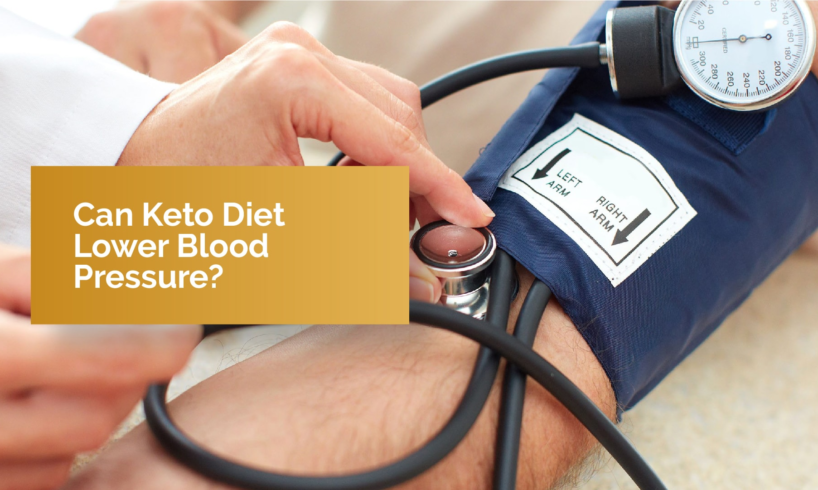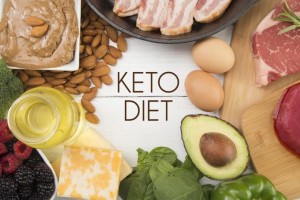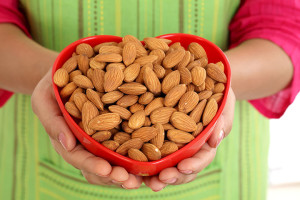
Keto Diet and Blood Pressure
A great variety of plant-based foods, such as those recommended by the Dietary Approaches to Stop Hypertension (DASH) diet, are consumed during these regimens. On the other hand, cardiologists do not promote the ketogenic diet when it comes to high blood pressure, which is why many people are turning to it.
Intermittent Fasting
Intermittent fasting is the eating plan that alternates between fasting periods and regular eating periods. There are many important things to know about Keto Diet and Blood Pressure Several studies have found that intermittent fasting can help you lose weight while also helping you prevent or even reverse certain diseases.
Intermittent Fasting and Blood Pressure
While it is true that fasting can lower blood pressure, it is also true that hunger and dehydration can drop blood pressure, neither of which is beneficial to one’s health. It is critical to examine blood pressure in the context of one’s general well-being.
Some Health Tips about Intermittent Fasting
It’s important to remember that fasting is not appropriate for everyone. As a result, consult your best Nutritionist in Karachi if you have any of the following symptoms:
- Do you have a family history of eating disorders?
- Are you pregnant or nursing a child?
- Are beyond the age of 65 Are under the age of 18
- Do you have a history of low blood pressure or hypertension?
- Take medicine as directed. Consult with your physician beforehand.
Dieting is a healthy process, and if you have any health issues or want to have a fit and healthy life, you should go with the dieting plans before starting any plan. You should consult with the best Nutritionist. The best way to talk to a dietician is to have an online meeting with the help of Marham.pk. Fasting and dieting can cause low blood pressure that, if it lasts for a long time, can cause other health issues. Frequently Asked Question (FAQs) 1. What are the fundamental principles of the ketogenic diet?
A good ketogenic diet should consist of about 75 percent fat, 10-30 percent protein, and no more than 5 percent, or 20 to 50 grams of carbs per day, to promote weight loss and promote health. Concentrate on high-fat, low-carb foods such as eggs, meats, dairy, and low-carb veggies, as well as sugar-free beverages to achieve the weight loss goals. You can also make a point of ignoring overly processed foods and bad fats. What happens when you stop following the ketogenic diet?
It is possible that discontinuing the ketogenic diet will result in gains in muscle mass. And that’s excellent news if you’re over 30 years old because our ability to synthesize muscle decreases as we get older. We burn fewer calories at rest when we have less overall muscle mass, leading to a loss of strength and mobility over time. 3. Is it permissible to fast intermittently daily?
Every day, a person must choose and stick to a 12-hour fasting window, followed religiously. Some researchers have suggested that fasting for 10–16 hours can lead the body to convert its fat stores into energy, resulting in the release of ketones into the bloodstream. This should motivate people to lose weight.








